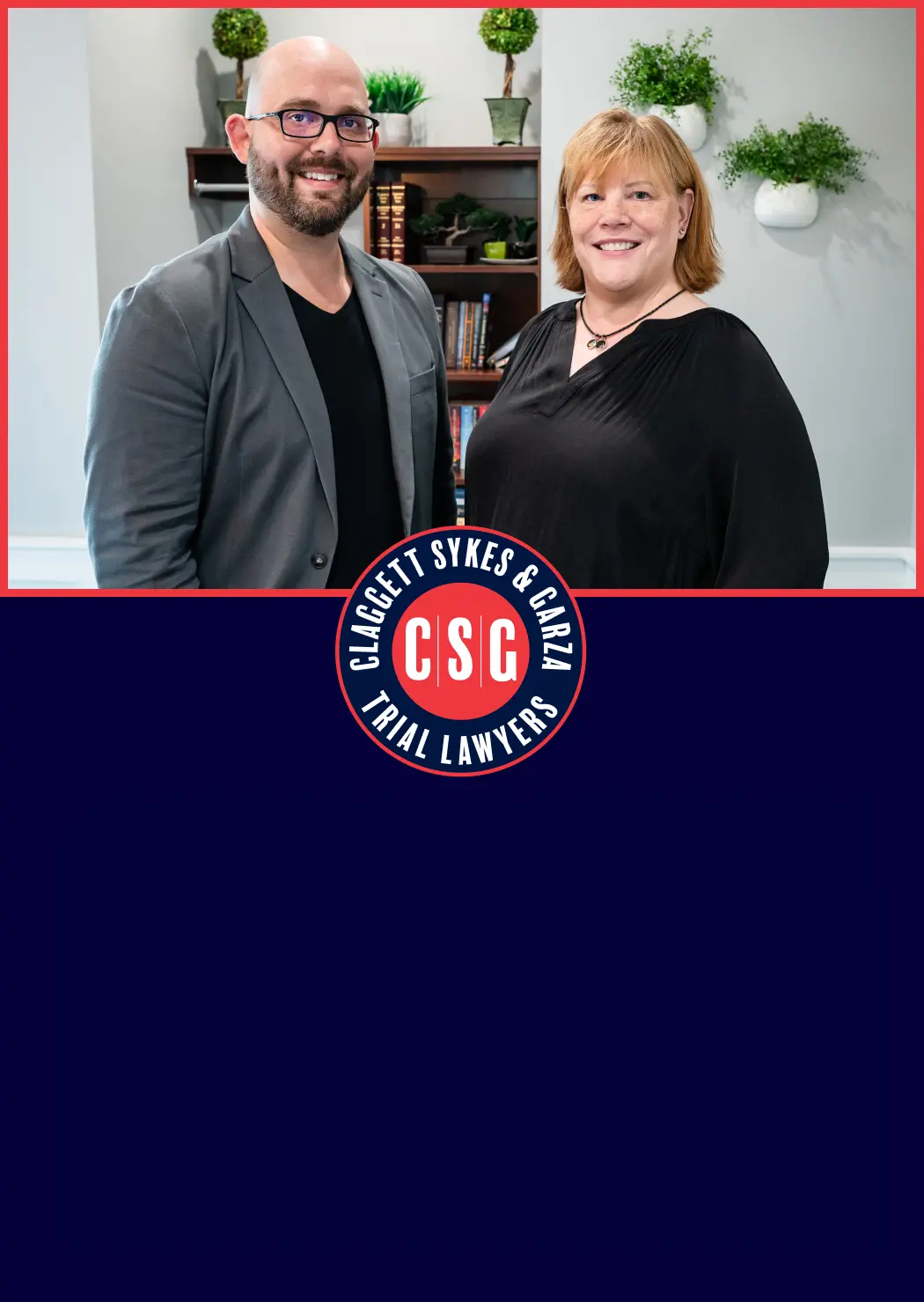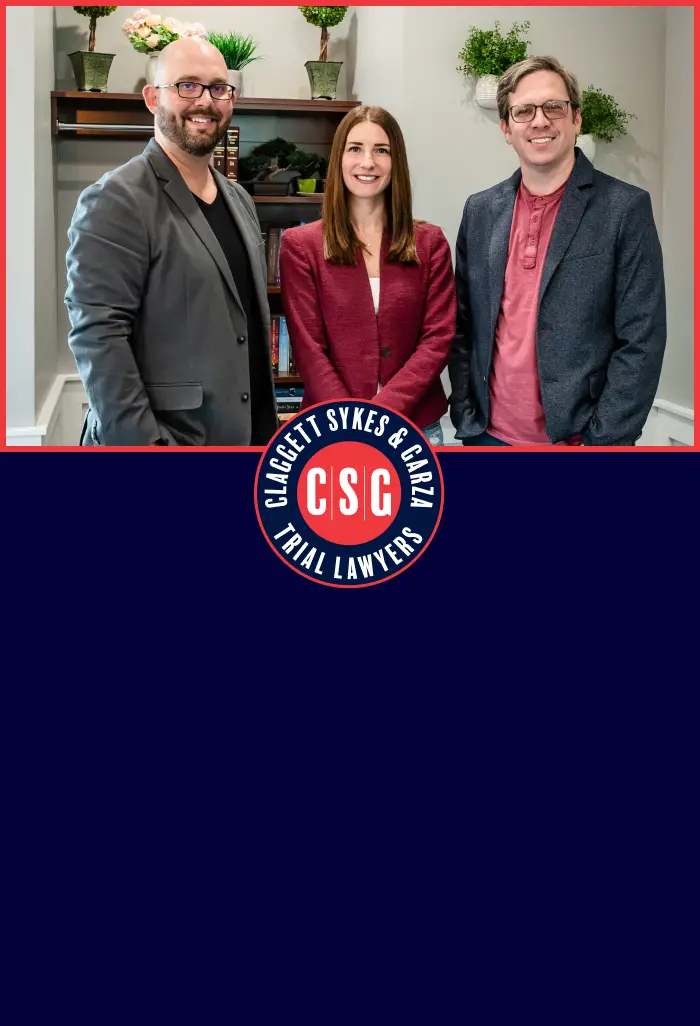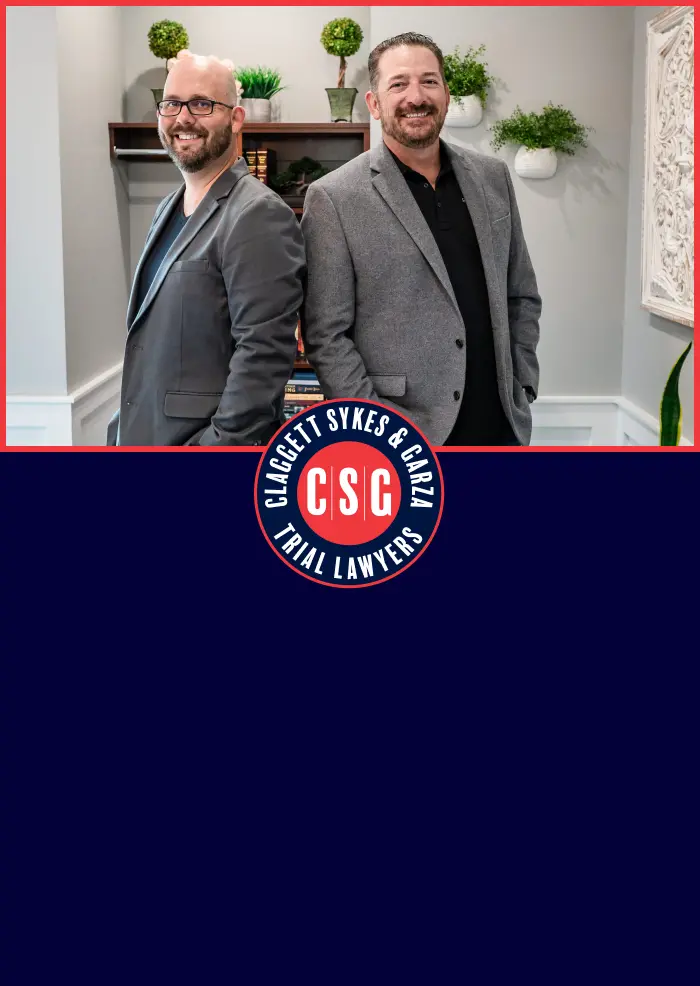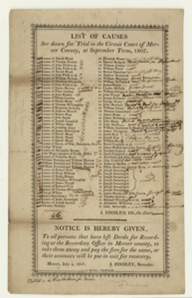Suffering an injury or falling ill as a result of your job can be a stressful experience. In addition to the mental and physical struggles, you also have to deal with potentially losing time at work and facing opposition to your benefits claim.
If you suffered an injury or illness because of your occupational duties, you may benefit from the advice and counsel of a Glastonbury workers’ compensation lawyer. A dedicated personal injury attorney could help through any challenges that may happen during the claims process as well as advocate for your rights.
How Does Workers’ Compensation Work in Glastonbury?
Workers’ compensation insurance covers expenses for work-related injuries and illnesses. Any harm suffered while performing employment duties could be compensated. However, injuries or illnesses that occur outside of work are not covered. In exchange for these benefits, employees waive their right to sue for damages in court for the same injuries. A workers’ compensation lawyer in Glastonbury could help claimants determine whether their injury or illness is eligible for coverage.
All employers in Connecticut must carry workers’ comp insurance for their employees, including those who work both part-time and seasonally. However, employers are not required to provide coverage for household employees that work less than 26 hours per week. Failure to provide workers’ comp insurance could result in a stop-work order that lasts until the proper insurance is paid. Thousands of dollars in daily fines also may be imposed until the proper coverage is reinstated.

Injured in an Accident?
Get the Compensation You Deserve. Our Experienced Lawyers Can Help.
What are the Available Forms of Compensation?
Workers’ comp insurance provides two categories of benefits to injured or ill employees. The first is medical care for as long as the employee is left unable to work. This form of compensation may include costs for emergency care, surgery, rehabilitation, and medications.
The other category of available compensation is wage reimbursement. This applies both to situations where a condition keeps a worker off the job entirely and those where the employee can return on a limited basis. Payments typically are 75 percent of the worker’s average weekly wage for as long as they cannot return to the job. Benefits also may include payments for any permanent injury and can involve compensation for total disability or a partial loss of working ability. A Glastonbury workers’ comp attorney could provide more information about the possible benefits an injured employee may be entitled to receive.
Filing a Workers’ Comp Claim in Glastonbury
After giving notice to their employer, employees may file a workers’ compensation claim by filling out a Notice of Claim for Compensation or Form 30C. Employees have one year to file this form with their employer for occupational injuries under the Connecticut Workers’ Compensation Act. Claimants seeking compensation for occupational illnesses have three years from the date their condition manifests.
The insurance company then may accept or deny the claim within 28 days. If the insurance provider fails to respond to the request within 28 days, the claim is accepted automatically.
If the claim is denied or disputed by the employer or insurance company, employees may request a hearing with the Connecticut Workers’ Compensation Commission. After filing a hearing request, a claimant goes before the judge, and a written decision is issued accepting or denying the claim. Employees may appeal the decision with the Compensation Review Board. An attorney in Glastonbury could assist claimants throughout the process if their claim is denied.

Suffered a Personal Injury?
Let Us Fight for Your Rights and Maximize Your Compensation.
Why Might an Insurance Company Deny a Claim for Benefits?
Companies that underwrite workers’ compensation insurance policies are out to make a profit. This means that they may try to find any possible excuse to deny a claim for benefits.
They may attempt to argue that a worker did not fulfill their end of the bargain during the claims process by alleging a lack of notice to an employer or a failure to follow up with medical appointments. Insurance companies also may deny a claim because of a dispute over the seriousness of an injury. A worker may believe that an injury leaves them unable to work at all while the insurance company clears them for limited duty. A Glastonbury attorney could determine why a coverage provider denied a worker’s claim for compensation.

Injured Due to Negligence?
Experienced Personal Injury Lawyers Ready to Assist You.
Appealing a Workers’ Compensation Claim Denial in Glastonbury
No matter the reason for a denial, all employees retain the right to request an appeal before the Connecticut Workers’ Compensation Commission. The Legislature empowered this Commission to handle any disputes that arise between employees and workers’ comp insurance companies. To initiate an appeal, a worker must complete and submit a Hearing Request form.
This form gives injured employees multiple options to try and resolve the dispute. An informal hearing may help parties resolve their differences. If this fails to resolve the dispute, a formal hearing may occur where the parties can present evidence, provide testimony, and make legal arguments as to why benefits are appropriate. A Glastonbury attorney could guide an injured employee through this appellate process.
Reach out to a Glastonbury Workers’ Compensation Attorney
Taking on your workers’ comp efforts alone may seem overwhelming. The paperwork involved may only be beginning, as your employer, the insurance company, and the commission may oppose your claim.
A Glastonbury workers’ compensation lawyer could help you seek benefits with less stress. With a seasoned attorney by your side, you could feel better about your recovery efforts moving forward. Find out your options for recovery by scheduling an initial case consultation with one of our seasoned attorneys.

